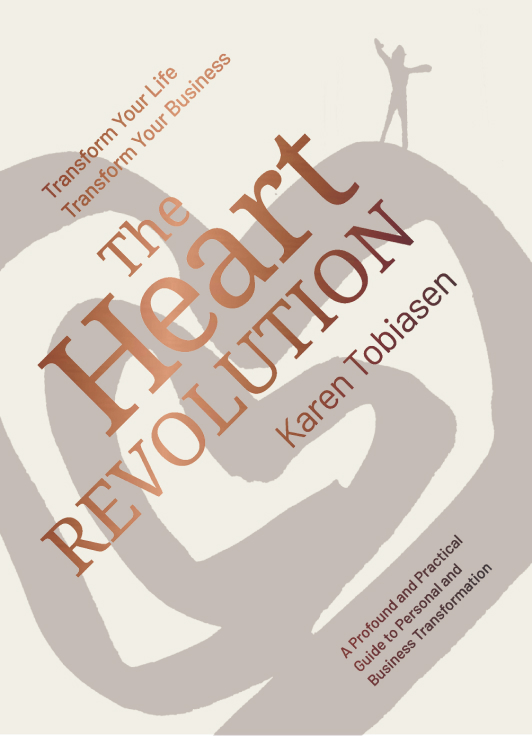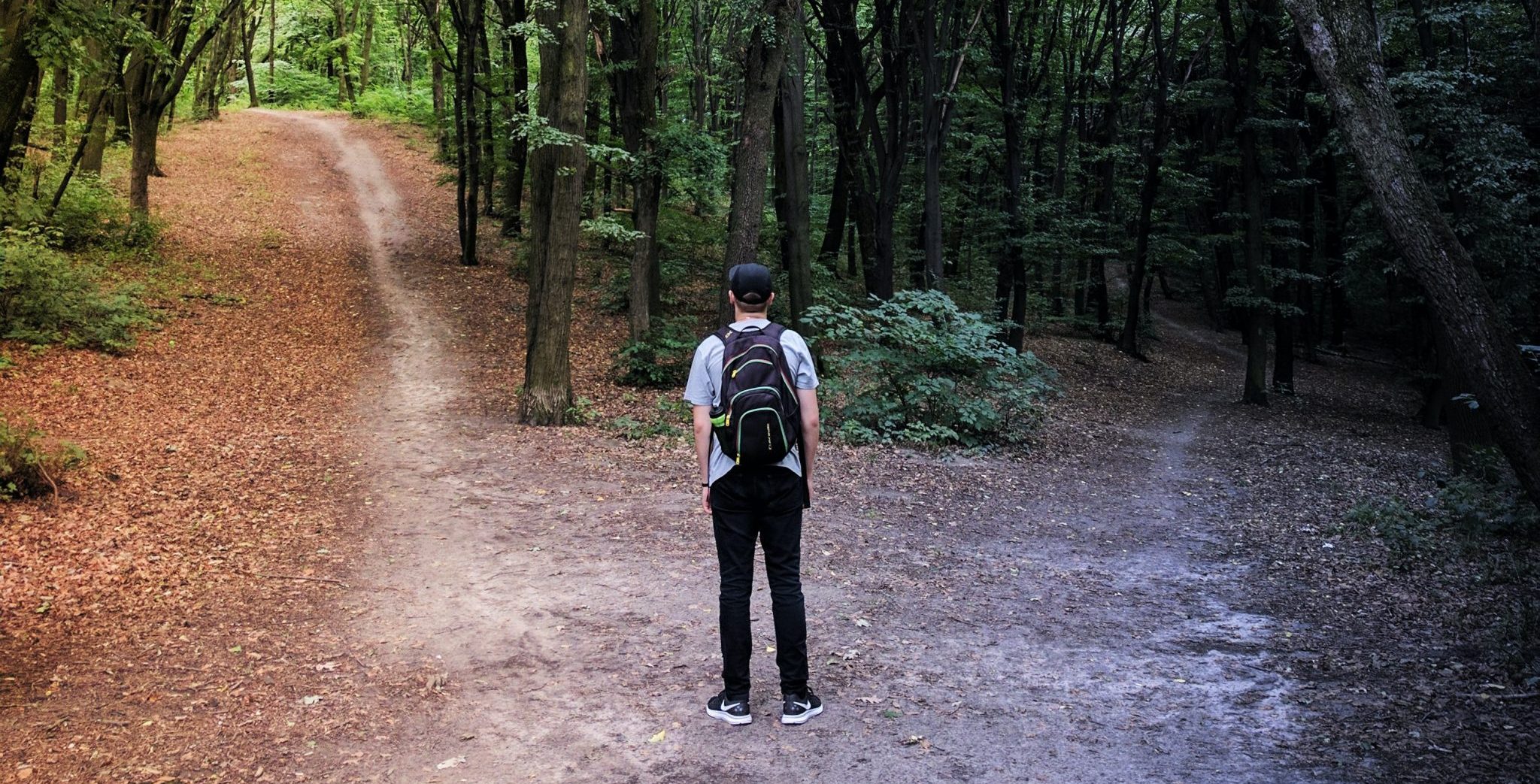I know what you’re probably thinking: “What are these weird characters Karen has come up with now?! How can I be a Prisoner, Tourist or even a Player in my own life?!” But there’s a reason I’m asking you to get to know these character archetypes a bit better.
Do you ever find yourself:
• Wanting people and situations to be different than they are?
• Wanting yourself to be different than you are?
• Stepping up and into the role of leading from the front?
If you’ve ever found yourself thinking one or all of this at different times, you’re not alone! These thoughts come to me often as well, and I’ve realized that when I recognize if it’s my Prisoner, Tourist, or Player companion popping up to hang out in my mind – I can also choose how I respond to them and the moment I am not only experiencing but creating in life.
We all have three archetypes or modes that our mindset operates in in our working and private lives. We call them: The Prisoner, The Tourist, and The Player.

These aren’t characters we are permanently in every scenario. We can be operating in one mode towards ourselves and at work, but in a completely different one with our family and friends in the same day. Our all characters in all aspects of our life at different times. We all change mode at different times. You can operate as a Tourist today, and shift to a Player mode tomorrow, or even in an hour.
These archetypes are not here to label or define us, but as we become aware of them and recognize them within ourselves – we can change modes.
It was a huge revelation for me when I got to know my Prisoner and Tourist for the first time. They’d been with me for years but I hadn’t paid enough attention to see them or noticed when they were the ones running the show. The more I knew and understood them, the better I was at managing and asking them to ‘back down’, and to give space for my Player instead.
So, what are these archetypes really like? Will you recognize the voice of some of the companions in your mind?
The Prisoner:
defers fault and blame to other people, always looking for an external reason why things are the way they are. They can be outspoken and aggressive, focusing on what is wrong, and typically not being resourceful. They often use the tone of judging others.
When we take on the role of the Prisoner, it’s similar to playing Monopoly and voluntarily sending ourselves to jail without passing ‘Go’ – only to then complaining about it. But differently from real-life prisoners, the Prisoner archetype sits behind bars with the door open and the key in their hands.
We are typically frustrating ourselves and other people when operating at the Prisoner. We expend a lot of energy, but don’t seem to get anywhere. And because the fun is gone, only other Prisoners want to be around us, reducing our chances of winning significantly.
All this negative energy and voices from the Prisoner mode serve as an objection, defence or excuse for not taking ownership for the change you want to see. In essence, “if only everything else except myself were different, then I could progress.” But these objections don’t take us very far.
The Tourist:
mode is defined by its dabbling, non-committal approach that doesn’t take ownership. They want to keep the option of walking away in case there’s a more exciting place to be – even though there never is. They learn just enough of the local language to get by, but rarely invest in becoming fluent.
A Tourist often travels with the voice of cynicism and sceptical comments, such as: “Here we go again. They have defined a new program”, “I’m going to wait and see, they change their minds so often, this programme will be replaced soon as well”, “Who cares? Why bother? Why me?” or “I will leave this to others as they are better at it.”
When we operate as the Tourist, our investment into learning is never wholehearted and fully committed. Our energy is lower, and we make life difficult for our surroundings and other people, not contributing with our full capacity and the needed substance.
The Player:
is in the game, in every positive sense of the word. In this mode, we are committed, engaged, resourceful and resilient – focused on solving the problems and taking full ownership of them. Here we thrive in collaboration and have the courage to do the right things, with honesty and sincerity.
The Player’s energy is courageous, confident, positive, optimistic, forward looking – even during hardship – and others enjoy their presence. The Player archetype speaks up when a change needs to happen and can be critical without pointing fingers, focusing instead on the opportunities at hand.
When we step into the mode of the Player, we enjoy learning and building new capabilities and remain relevant. And Players don’t play alone. We become the change we want to see and attract followers and invite others in to play as well. As Players, we act with the voice of willpower and dedication.
What mode are you in right now?
You may be looking around right now at your friends or colleagues, noting down who is acting as a Prisoner or Tourist. And if you’re finding yourself mentally pointing fingers at them, then perhaps you’re operating as the Prisoner yourself right now!
When I first got to know the Tourist, I suddenly recognized that this is who I was turning up as in a weekly status meeting – listening absently and wondering why I was there in the first place, instead of finding ways to make the meeting more valuable.
And I can’t even tell you the amount of times I’ve since had to stop and laugh at myself when I realized I was passing judgement on others as the Prisoner. In turn, though, recognizing this helped me to see and step through the open cell door, and switch to Player mode and find the solutions instead of blame.
Which archetype do you find yourself operating from most often?
Which mode are you in right now?
Find out by taking the Mindset Pulse Survey to get a personal report on which character you’re relating to in each area of your life.


